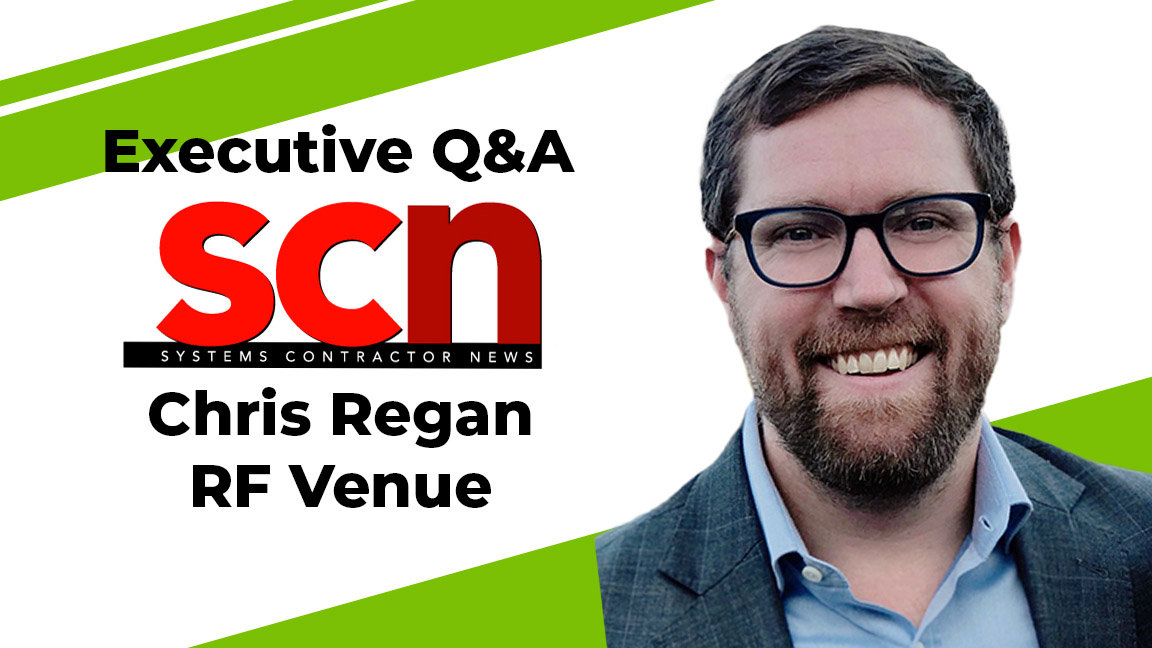Too Loud To Hear Anything
Follow us
Add us as a preferred source on Google
Get the AVNetwork Newsletter
A daily selection of features, industry news, and analysis for AV/IT professionals. Sign up below.
By submitting your information you agree to the Terms & Conditions and Privacy Policy and are aged 16 or over.
You are now subscribed
Your newsletter sign-up was successful
An account already exists for this email address, please log in.
Subscribe to our newsletter
- A traveler walks by a country store and sees there's a hound on the porch that's just howling and howling. Walking into the store he asks the man behind the counter if he knows whose dog that is. "He's mine," says the man. "Well, what's the matter with him?" asks the traveler. "He's sitting on a cocklebur," is the reply. Slightly confused, the traveler queries, "Then why doesn't he move?"
- "Because he'd rather just howl."
- Perhaps some of you have noticed a similarity between the hound and clients who've contacted you to assess their current systems. Obviously, there's enough of a problem for them to contact you, but in the end, apparently not enough of a problem for them to take action to change things. Like the hound, it's easier for them to just to howl.
- Now in some (rare) cases those clients could be churches, with all denominations considered equal in qualifying as purveyors of our consternation and amazement as we watch them insist on continuing the howl. So why do they howl? Quite likely, there are reasons that may not be immediately obvious, but which you've got to ferret out if you want to quiet their howl. A few true stories follow (I don't have to make these up), only the denominations have been changed to protect the guilty.
- As you might expect, the first two reasons to howl are money and then money, but too frequently the issue is that their problem doesn't appear to have a clear definition. Even worse, the situation may be additionally muddled by statements by "experts" within the congregation (where "expert" is defined as having a brother-in-law who installs car stereos or works at Big Chain in the electronics department).
- "Now the one thing you need to understand," the old Franciscan priest admonishes me as we walk into the sanctuary, "it's plenty loud enough, we just can't hear." To this day that remains the most pertinent description of an audio system/acoustics problem I've ever heard. Since he understood the situation, it was relatively simple for him to understand why the proposed solution would work acoustically and aesthetically, so he simply moved and stopped howling.
- Often, the issue is clouded by emotion. As I've mentioned before, churches are often places where spiritual leaders and committees somehow believe that their worship space has been exempted from the usual laws of physics. Of course, when you blend money and emotion, you've got a very volatile situation. Just ask any divorce lawyer.
- The gray Gothic concrete church had a reverberation time that was close to eternal, and the loudspeakers were clearly chosen not to disrupt the interior aesthetic, which in this room rendered them completely useless. To say it was unintelligible would be optimistic. In the pre-line-array era the only tenable solutions required the addition of absorption and installation of some rather sizable audio devices. Yet the pastor shook his head and said it couldn't be done. Waving his hands around to encompass the architecture he says, "You see, this building is Fred Parker's last great erection, and we're stuck with it."
- Seeing my look of surprise at his choice of words, he continues, rather quickly, "He donated the money for it in his will, and as his family provides the majority of the funding for its upkeep, it's essentially his memorial. If we change its look, we risk losing their funding." As you might surmise, he was still howling as I left.
- Finally, sometimes the issue is one of propriety, and a lack of faith perhaps in you, or perhaps in your solution. This may require a face-to-face encounter with a similar environment and its successful systems. Only then will the howling stop.
- The synagogue was a beauty architecturally, and an agony acoustically. A huge dome over the congregation, and large curved arches linking the dome into the barrel vault balcony and side seating sections ensured lots of focused, late reflections, both back to the bimah as well as to a large number of the 1,600 seats.
- The architectural aesthetics were paramount, and after rejecting a variety of options the choices were down to a pewback system or retaining their useless existing system and their howl. However, the head rabbi was emphatic that the pewback system was unacceptable. "It's not seemly for the rabbi's voice to come out of a little loudspeaker, like some kind of transistor radio at the beach," he intones. None of our assurances that localization would remain with the talker and not at the loudspeaker changed his opinion.
- Finally in desperation we play our last card-have the rabbi travel 3,000 miles to experience a similar system and similar room. The rabbi returns a changed man, embracing the pewback system (which is also his idea by the time he returned). As he enthusiastically endorsed the concept to the somewhat astonished building committee, the chairman turns to me and whispers, "There's no convert like a new convert!" as in the background the howling stops.
scn Newsletter
A daily selection of the top stories for AV integrators, resellers and consultants. Sign up below.
TOPICS
